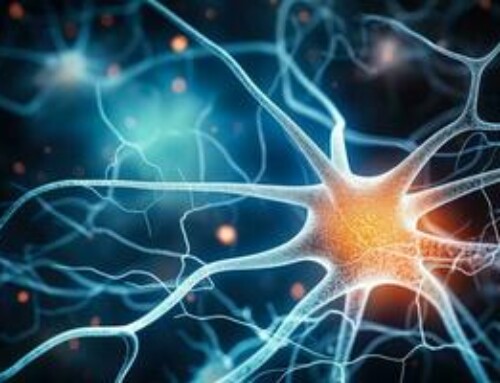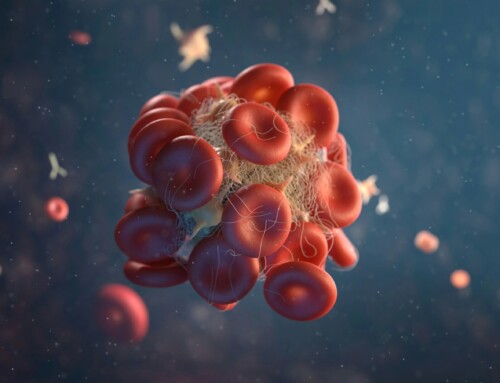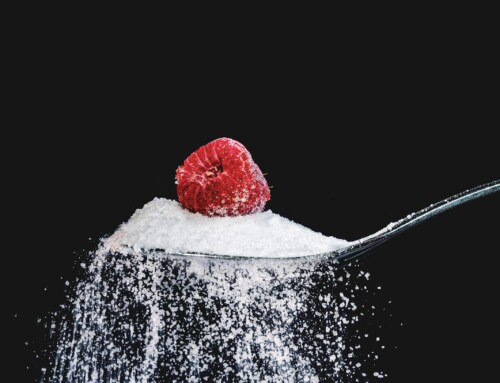Responding to High-Intensity Exercise Is Mainly Genetic
 High-Intensity exercise produces amazing results for most people. Benefits like vastly increased strength gains, improved blood biomarkers and accelerated fat-loss are all expected. But, why does high-intensity exercise work at all, and why do some people improve more than others?
High-Intensity exercise produces amazing results for most people. Benefits like vastly increased strength gains, improved blood biomarkers and accelerated fat-loss are all expected. But, why does high-intensity exercise work at all, and why do some people improve more than others?
We now think we know why.
Who Gains The Most?
In 1944, O.T. Avery discovered deoxyriboneucleic acid (DNA). This discovery likely was the most important finding ever in life-sciences. Understanding DNA helps us understand the genetic differences in humans. It’s these genetic differences that shape our unique responses to exercise as well.
From a genetic perspective, the type of trainee who responds best is someone who has the alpha-actinin-3 component. If this sounds understandable to you, you probably are a geneticist. For the rest of us, let’s clarify what that means.
Keeping it simple, this is a person who’s genetic profile will cause them to gain the most in muscle and size from high-intensity training. A perfect example is seen by comparing one who excels as a sprinter versus a professional long-distance athlete. They will have very different body shape and size.
There are, of course, other genetic variables, such as the incredible benefit of the myostatin gene deletion, but that is likely to be even more rare in humans (although Belgian Blue Bulls have been bred for this exact gene deletion expression and produce more meat (muscle) than the average bovine by a wide margin).
The genetically exceptional trainee will also have a higher percentage of fast-twitch muscle fibers that respond dramatically to intense exercise. They will, however, usually need more time off to recover from their workouts to see the progress.
How This Applies To Your Training
Naturally, in humans, there are wide and inevitable variations of genes. You are just as unique as everyone else! However, for bodybuilding potential, you can expect to be somewhere in the middle of the bell-curve. So, rejoice if being too muscular isn’t desirable for you while for others trying to gain as much muscle as possible, it sounds like a depressing thought.
This doesn’t mean you don’t benefit at all, however!
What Benefits Will I Get From High-Intensity Exercise?
The upside to all this is that you do not need to know your particular expressions of these genetic variations in order to benefit from optimized training.
When you exercise to momentary muscular failure in a proper setting, you can expect to consistently become stronger no matter your body type (ectomorph, mesomorph, or endomorph). And, no matter your genetic predisposition, you will gain benefits beyond just building larger muscles.
Benefits such as:
1. Increased cardio-vascular health
2. Decreased body fat
3. Improved blood-sugar control
4. Enhanced bone density
5. Activation of hormone-sensitive lipase
So, the benefits of proper strength training, like we offer here at DeSisto Strength Training, are numerous. You can train your entire body once or twice a week in a private environment with adjustments personalized to your specific needs with your instructor.
You might not be the next Dorian Yates or Arnold Schwarzenegger, but even if that’s not your goal, high-intensity exercise will help you make the most of your genetic potential!





